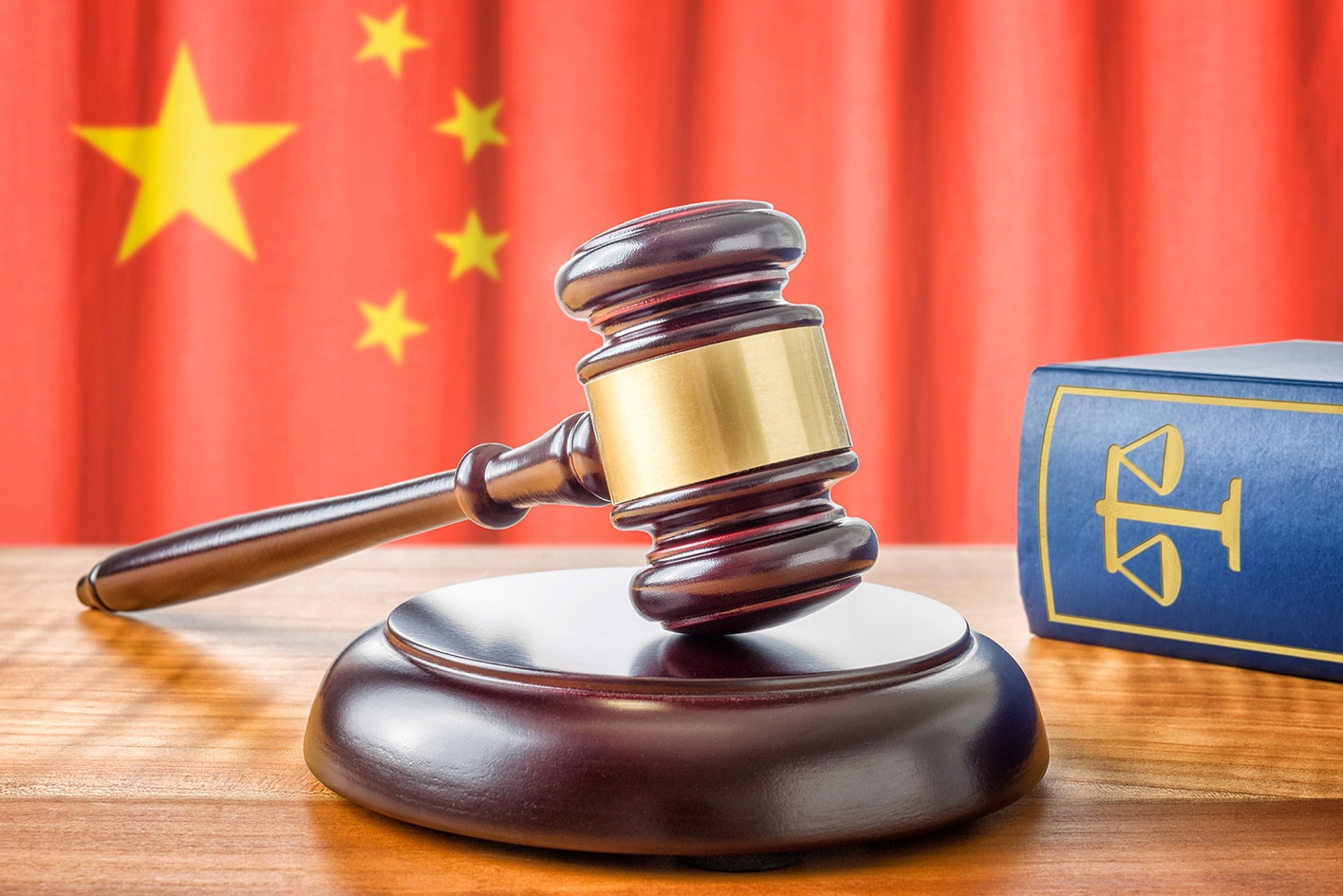
23 Aug China’s tech crackdown offers chance for risk-savvy investors
As published in Business Day on 22 Aug, 2021 by Pieter Hundersmarck
The wide-ranging crackdown across e-commerce, music streaming, food delivery and gaming have damaged China’s – until now – world leading technology sector. U.S. technology companies are watching with delight.
The clumsiness of the crackdown was startling. While President Xi’s nationalistic tendencies are well understood, the Party’s deft management of the economy over the past decade has been widely praised. With economic growth far outpacing the rest of the world, China seemed to have mastered the co-existence of State-backed communism alongside western capitalism.
The Chinese technology sector has been held up as an example of innovation and competition. From the original three tech giants of Baidu, Alibaba and Tencent, the technology sector expanded to include pioneering businesses such as Pinduoduo, a group shopping experience platform, Meituan, a community-based food, transportation and entertainment platform and ByteDance, a creative content platform behind the Tiktok and Toutiao apps. Ride-hailing app Didi as well as Ant Financial have also sprung from these fertile grounds.

The crackdown began with the cancellation of the Ant Financial IPO in November 2020, allegedly due to criticisms levelled at traditional Chinese banks by Alibaba founder Jack Ma. Ma referred to Chinese banks as having a ‘pawn shop mentality’, and spoke highly of Ant Financial – the tech-enabled business in which he was a large shareholder – as being more in tune with the times.
Ma miscalculated. Ant had managed to attract an enormous deposit base and was building a powerful transactional and algorithmic lending capability – without the need for the same level of capital required by the traditional banks. Much of this success had come from exploiting the lack of innovation in the slow-moving Chinese State banking system.
Poor Execution
However, the State banking system is the chief apparatus by which the government manages the Chinese economy. By allowing Ant and other private financial firms to prosper, China risked the stability of the traditional banks who rely on deposit growth to fund their loans (often to State owned enterprises), as well as one of its main monetary transmission tools. The lesson was clear. Ant had been too successful, and its innovation needed curbing. Alibaba shares are down nearly 40% since November. Other Chinese shares have fallen in sympathy.
The fact is that regulation was long overdue, and indeed the swiftness of the decision-making in China is likely envied by Western governments. However, the execution poor. Capital is notoriously skittish, and China’s foreign policy over the last decade has left capital providers nervous. Opaque communication has made the government look haphazard and potentially spiteful. There is no financial market on the planet that operates well with haphazard or uncertain regulation. China should know this.
Education, ride hailing, food delivery and property sectors are now firmly within regulator’s sights. Weakening these sectors’ ability to innovate, grow or create value for their shareholders is not in China’s interest. Since the regulatory moves against the private education sector in early July, the regulator seems to have back-tracked, but the damage has largely been done.
Local regulation carries a global impact
The world has bifurcated into Eastern and Western technological spheres. With a few notable exceptions like TikTok (a Chinese-based platform with a large US and European audience) and Facebook (a U.S.-based platform with a large Eastern audience), the technology ecosystems of the East and West are competing with homegrown competition.
With their domestic markets essentially closed to foreign competition, a sense of ‘friendly co-opetition’ has developed between national firms. The fear of external interlopers into, for example, Tencent’s gaming platform or Amazon’s e-commerce platform, are remote. India, Bangladesh, Indonesia and Vietnam are the large battlegrounds where East and West are going head-to-head. It is here that competition is in full swing.
By reducing innovation in their home markets, haphazard regulation by Chinese authorities will smother the innovation required to compete outside China. Hefty fines and a reduction in profitability will further reduce the money available to invest.
Access to capital will also decline. Much of technological innovation is funded by risk capital. The holders of venture capital sit – for now – in the United States. It’s difficult to see how the latest regulations will improve the capital raising ability of Chinese firms.
Politically, U.S. tech companies now have a formidable card to play against U.S. regulators which goes something like: ‘this is how a communist country deals with its tech sector…is this what the U.S. wants?’
An investing opportunity?
According to the Wall Street Journal, more than $1 trillion in value has disappeared from China’s large companies since November 2020. That is almost 10% of the entire Chinese stock market capitalization. Value has been destroyed and fingers have been burned. But what should one be doing now?
Start by accepting the inevitable. China has always indicated it will do capitalism their way, which has its advantages and disadvantages to western-style capitalism. There should be no surprise that the Chinese will be swifter to regulate and will always act in accordance with their commercial and societal imperatives, and this leads to more uncertainty than Western investors would like.
Get perspective. Regulation is not simply a Chinese construct. Followers of regulation in Europe and the US recognize that while Western regulators may move more slowly, their impact can be just as damaging to the growth and profitability of large tech companies there.
China has embraced capitalism, and this can’t be reversed. China has a large and growing retail and institutional investor community, as well as the positive experience that embracing the advantages of capitalism is good for China. While the near-term outlook for many tech shares is murky, they remain powerful businesses with large addressable markets, scores of opportunities and strong profit margins. For some, share prices have corrected far in excess of the regulatory impacts. For a subset of a global portfolio, China’s risk reward is looking increasingly favorable.
China is not the US, and it’s not Europe. Investors need to learn to price China accordingly. Knowing which sectors are vulnerable to regulation will help them price equities appropriately. Now, more than ever, global investing will favor managers who have China experience over those who don’t.
About Pieter Hundersmarck:
Pieter is a fund manager and member of Flagship’s global investments team.
Pieter has been investing internationally for over 13 years. Prior to Flagship, he worked at Coronation Fund Managers for 10 years in the Global and Global Emerging Markets teams, and also co-managed a global equities boutique at Old Mutual Investment Group. Pieter holds a BCom (Economics) from Stellenbosch University and an MSc Finance from Nyenrode Universiteit in the Netherlands.



















